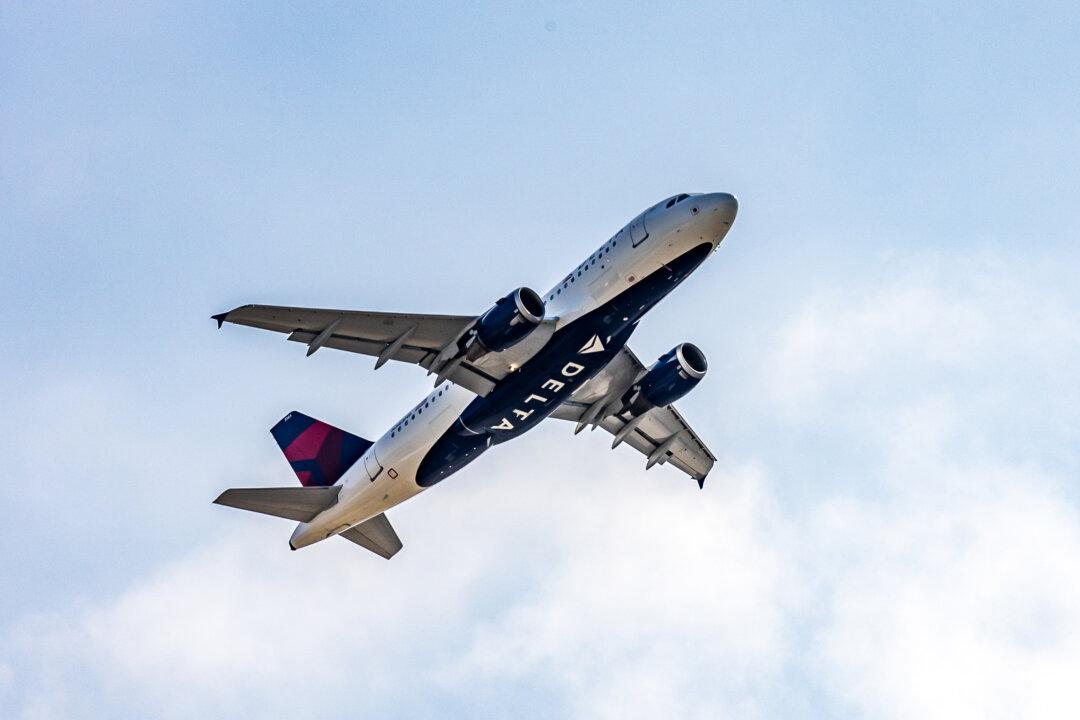The Federal Aviation Administration (FAA) opened an inquiry after discovering titanium used to manufacture some Boeing and Airbus jets was verified using false or incorrect authenticity records.
Spirit AeroSystems, which builds fuselages for Boeing and wings for Airbus, also is investigating the records after a parts supplier found small holes in the titanium from corrosion.





